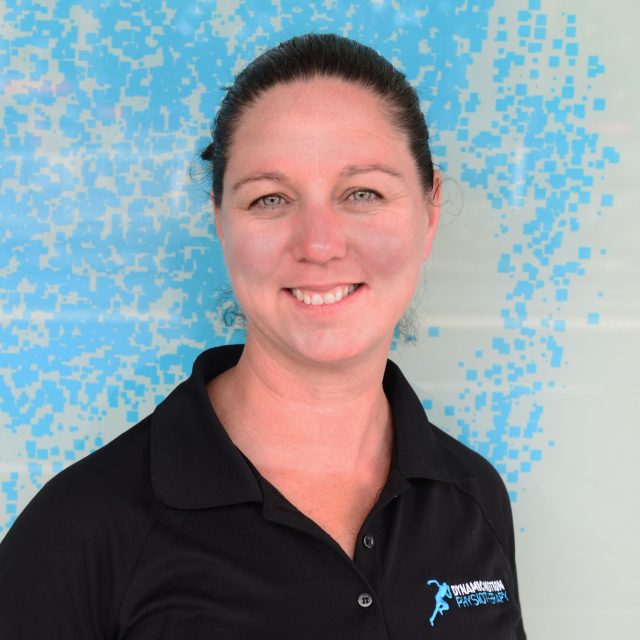Today is World Mental Health Day, and the team here at DMP strongly support breaking the stigma that surrounds mental health and wellbeing.
We’ve found a few websites that could be really beneficial for those who might be having a tough time.
Exercise Right:
THE CONNECTION BETWEEN PHYSICAL & MENTAL HEALTH
Posted at 07:00h in Mental Health
We all have mental health, and we all know how much it matters. Some days we feel like we’re pro surfers on the wave that is life. Other days, it feels like we get dumped by the exact same wave and eat sand. The World Health Organisation defines mental health as “a state of well-being in which every individual realises his or her own potential, can cope with the normal stresses of life, can work productively and fruitfully, and is able to make a contribution to his/her community”.
When you’re in a state of good mental health you are able to maintain a sense of calm, control and well-being, despite the ups and downs that the week throws at you. It’s this mental resilience that gets worn away when we don’t engage in activities to maintain our good state of mental health and well-being.
An important part of having good mental health is knowing that your mental health isn’t always good. It is normal to experience transient fluctuations in emotions and feelings in response a situation. It’s also normal to experience both ‘good’ and ‘bad’ moods.
It’s when we experience these bad moods for prolonged periods that a mental health condition may be diagnosed.
EXERCISE RECOMMENDATIONS:
Different types of exercise may illicit different responses, both physically and mentally. While no one type is better than the other, it is important to have a balanced exercise diet! Doing a mix of resistance training and and aerobic training is always recommended. Remember, the best type of exercise is the one you actually enjoy doing!
A recent study suggests that exercising for 30-60 minutes, 3-5 times per week is associated with better mental health. Activities such as team sports, cycling, aerobic exercise and gym have the highest associations with good mental health.
Resistance training (aka strength training) has shown to have a significant impact on reducing depressive symptoms when done for bouts of 45 minutes or less. This is particularly true when supervised by an exercise professional (like an Accredited Exercise Physiologist).
Book in with one of our DMP Exercise Physiologists!
Move with a mate:
Our experienced exercise physiologist will lead you and a friend through a personalised exercise session tailored to your health needs, injuries and movement dysfunctions.
Be smart, move well!
-
Jess MerciecaExercise Physiologist

-
William PerrettExercise Physiologist

-
Deb EvenissExercise Physiologist

Jess Mercieca
Jess Mercieca
Jess gained further experience working in a private hospital, seeing patients post-operatively and assisting in their recovery through a combination of gym-based exercise and hydrotherapy. Furthermore, Jess treated patients with chronic pain, muscle atrophy and cancer.
Jess ensures each client is treated as an individual with consideration of the various lifestyle and psychological factors that interplay with recovery. Her focus is to empower people through exercise and guide them towards self management.
Outside of work Jess is interested in strength training, swimming and hiking and enjoys the beach nearby her home.
William Perrett
William Perrett
Will is an accredited Exercise Physiologist who completed his Master of Clinical Exercise Physiology at the University of Technology Sydney. Through clinical placement, Will gained extensive experience in age-related conditions, working with older adults to learn the benefits of resistance training in maintaining strength and balance. Will also obtained an insight into neurological conditions as he completed a placement in a specialised clinic working with conditions such as spinal cord injury, stroke and MS.
Prior to becoming an exercise physiologist, Will has worked as a learn to swim instructor and squad swimming coach where he developed his passion for teaching others. In this role, Will gained extensive experience working with children and people of all ages. Will believes that exercise is for everyone and that it’s never too late to get started. He is passionate about helping people improve their health and their lives through the power of exercise.
Outside of work, Will pursues his own goals in running, swimming, triathlon and strength training. He is always pushing towards a new personal best and looks forward to helping you reach yours.
Clinical special interest areas- Strength and conditioning, Paediatrics, Older adults.

Deb Eveniss
Deb Eveniss
Deb began her health and fitness career working as a personal trainer after obtaining her Certificate III and IV in Fitness. Here she developed a keen interest in healthy aging, falls prevention and cancer and exercise. Deb then decided to further her knowledge and experience by further study and becoming an exercise physiologist.
Deb has a keen interest in helping those with cancer, neurological conditions such as MS, HD, PD and stroke and brain injury survivors. More recently she has been researching and treating fatigue conditions including Long Covid, ME/CFS, POTS and EDS. Deb strongly believes that “movement is medicine” and wants to help people enjoy all that safe and healthy movement can bring.
In her spare time Deb is heavily involved in parkrun, soccer, trail running, hiking, kayaking and raising two very busy teenagers.
World Mental Health Day – 10 October


